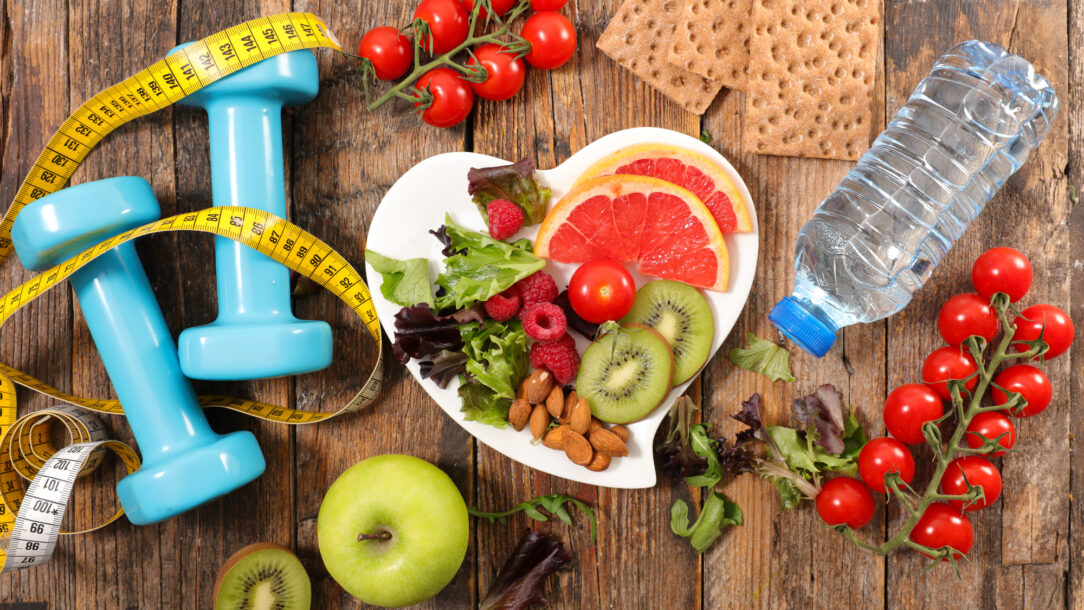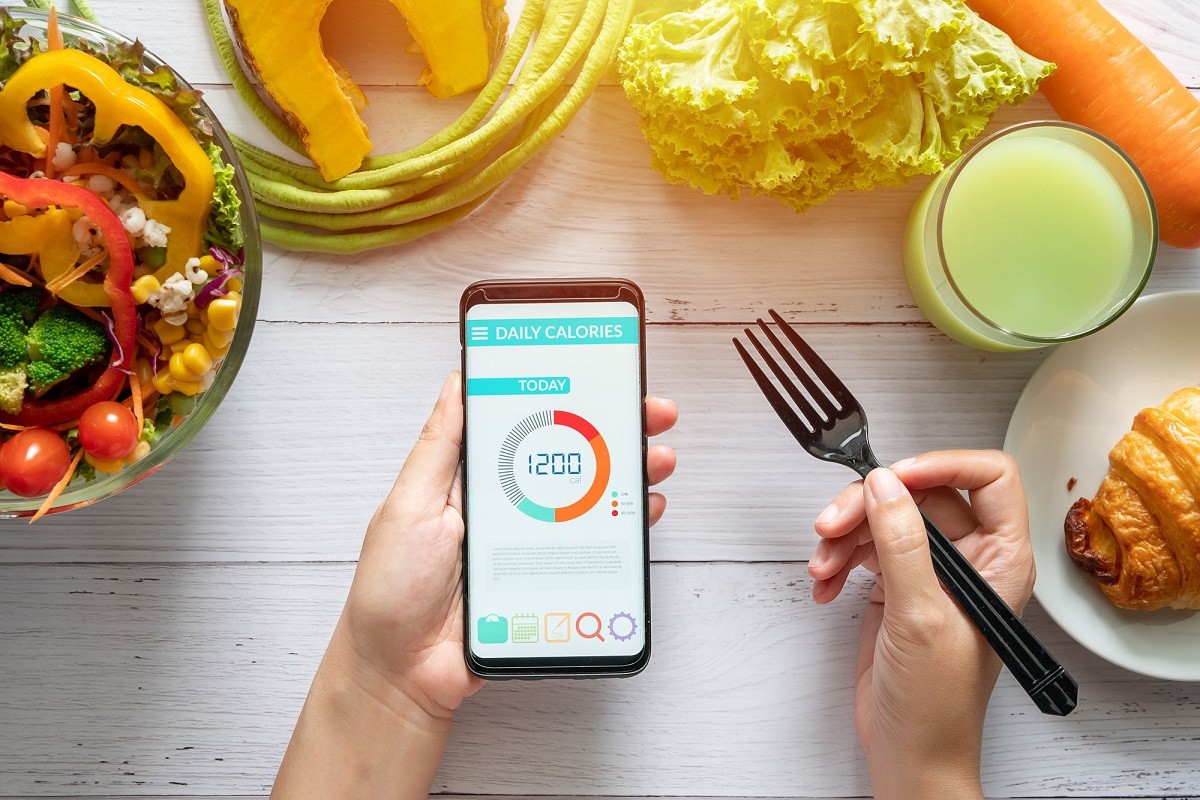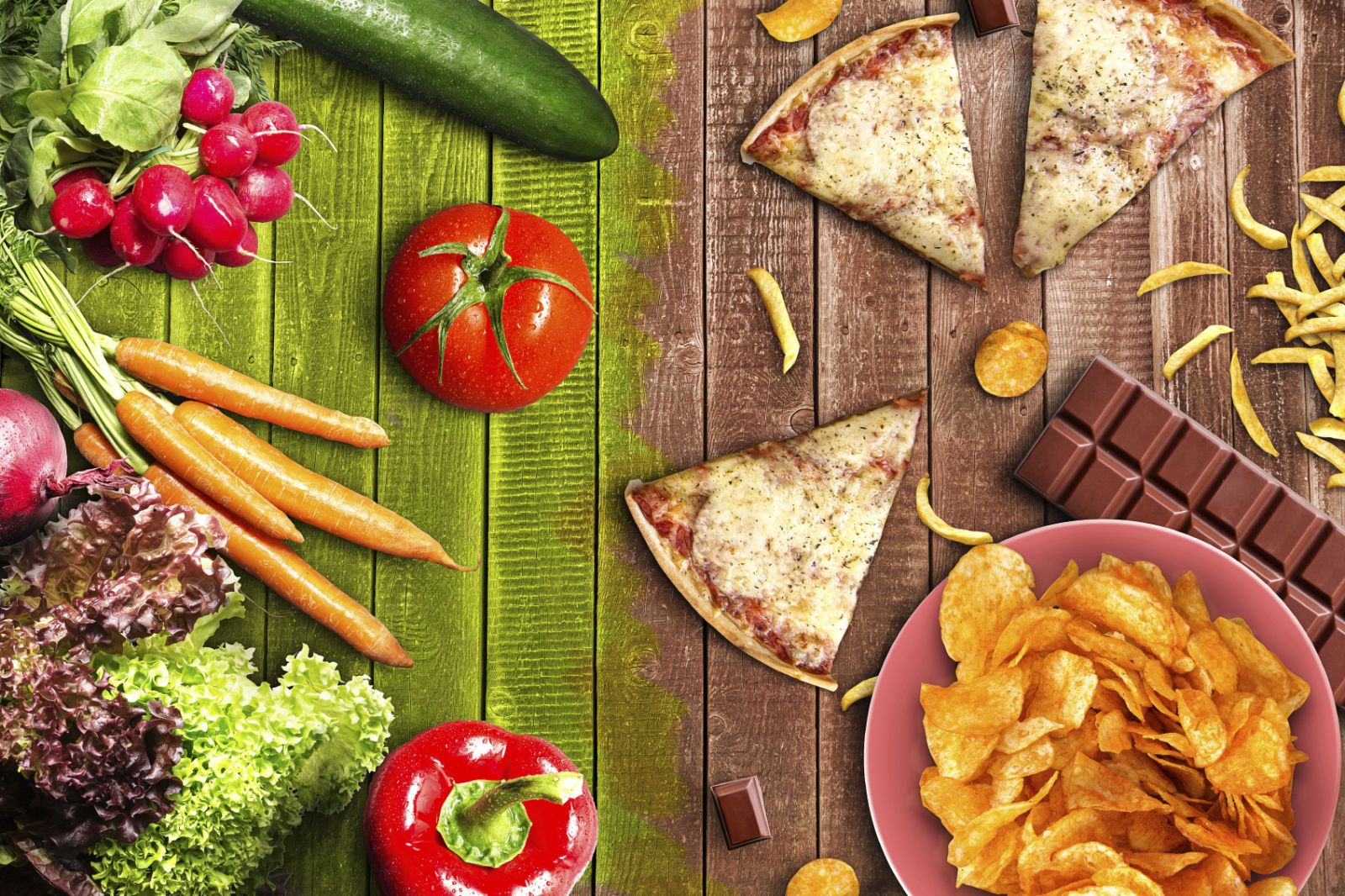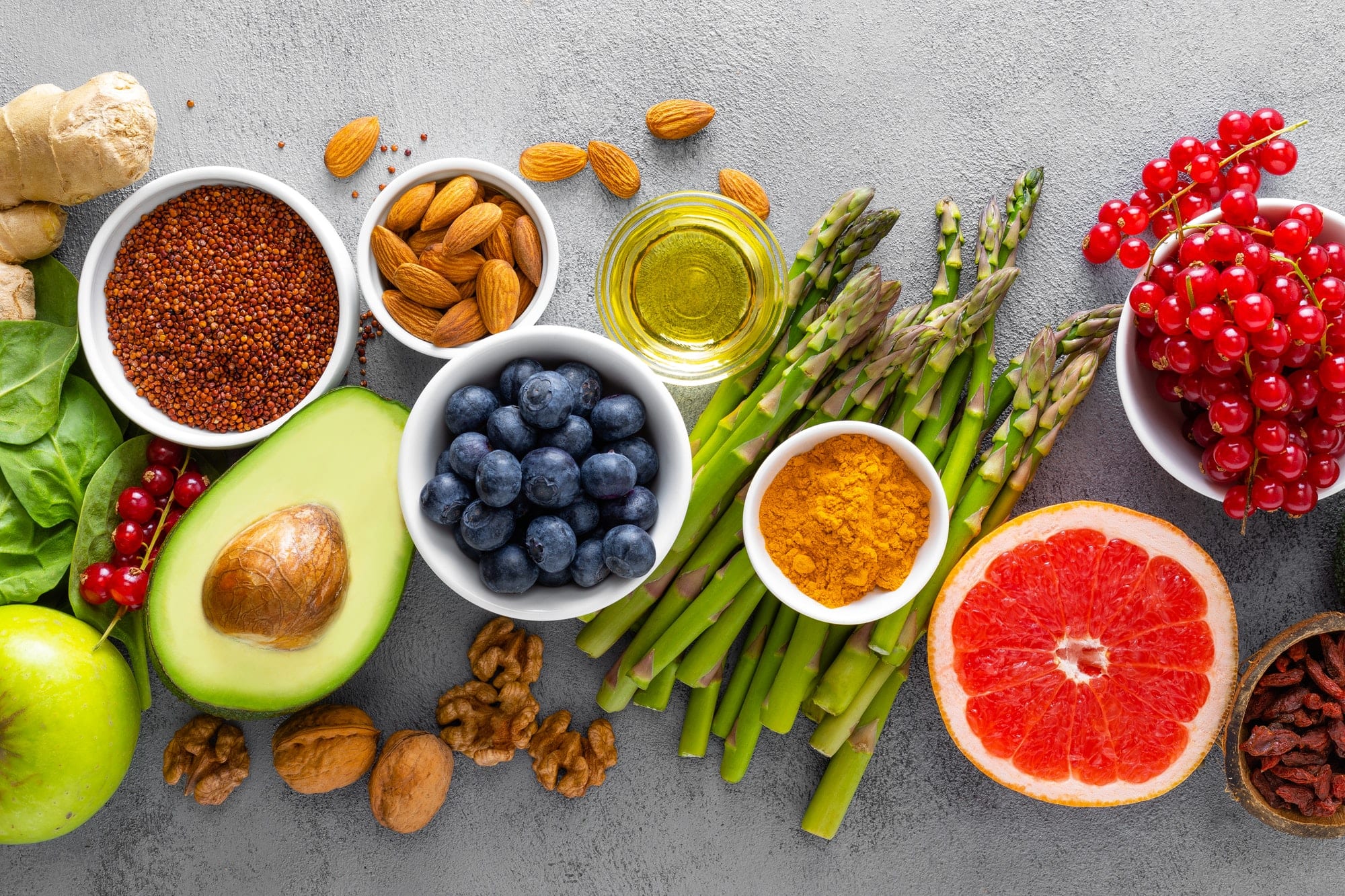Food Groups
There are more than 40 different kinds of nutrients in food and they can generally be classified into the following 7 major groups:
'Carbohydrates', 'Proteins', 'Fats', 'Vitamins', 'Minerals', 'Dietary Fibre', 'Water'.
Although each of the 7 major groups of nutrients perform different and have unique functions in our body, they are all essential because they work together and contribute to our good health.
Compare Calories
Calorie Intake:
0 / 2500 calories
Living a Healthy Lifestyle
Eating a healthy diet is not about strict limitations, staying unrealistically thin, or depriving yourself of the foods you love. Rather, it’s about feeling great, having more energy, improving your health, and boosting your mood.
Healthy eating doesn’t have to be overly complicated. If you feel overwhelmed by all the conflicting nutrition and diet advice out there, you’re not alone. It seems that for every expert who tells you a certain food is good for you, you’ll find another saying exactly the opposite. The truth is that while some specific foods or nutrients have been shown to have a beneficial effect on mood, it’s your overall dietary pattern that is most important. The cornerstone of a healthy diet should be to replace processed food with real food whenever possible. Eating food that is as close as possible to the way nature made it can make a huge difference to the way you think, look, and feel.
By using these simple tips, you can cut through the confusion and learn how to create and stick to a tasty, varied, and nutritious diet that is as good for your mind as it is for your body.

How much do I need to eat?

It’s important to eat the right amount of energy (measured in calories or kilojoules) to be able to carry out all your normal everyday activities. Even processes like breathing and thinking use up energy.
If you take in exactly what you use up, you're in energy balance – sometimes known as weight maintenance. Taking in more energy than you need leads to putting on weight, whereas taking in less than you need will cause you to lose weight.
The exact amount of energy you need will depend on many things including your age and how active you are. But in general, women need around 2,000 calories a day, and men around 2,500 calories. As well as supplying your body with energy, eating the right types of food in the right amounts can help look after your overall health.
Making the switch to a healthy lifestyle
Switching to a healthy diet doesn’t have to be an all or nothing proposition. You don’t have to be perfect, you don’t have to completely eliminate foods you enjoy, and you don’t have to change everything all at once that usually only leads to cheating or giving up on your new eating plan.
A better approach is to make a few small changes at a time. Keeping your goals modest can help you achieve more in the long term without feeling deprived or overwhelmed by a major diet overhaul. Think of planning a healthy diet as a number of small, manageable steps like adding a salad to your diet once a day. As your small changes become habit, you can continue to add more healthy choices.
The NHS website offers some great advice on healthy eating....have a look at https://www.nhs.uk/live-well/eat-well/



